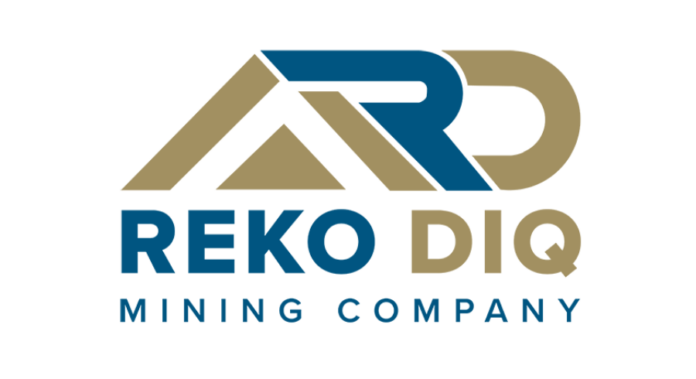Pakistan’s Reko Diq Mining Company (RDMC) has secured over $5.5 billion in financing commitments from international financial institutions (IFIs), exceeding its funding requirement of $3.74 billion for the $7.48 billion project.
The Reko Diq project, located in Balochistan’s Chagai district, is being developed with a 50:50 debt-to-equity model and is expected to begin construction in December 2025. Commercial operations are scheduled to begin by 2028.
Among the key financiers, the US Export-Import Bank (EXIM) has committed approximately $1 billion, while the Japan Bank for International Cooperation (JBIC) has agreed to provide $300 million. Additionally, Denmark’s export credit agency has provided guarantees to support commercial bank financing and equipment procurement for the project.
Senior officials confirmed that only the most favorable loan terms from the $5.5 billion in commitments will be selected, offering terms significantly more lenient than standard commercial loans. Financial closure is anticipated by September or early October 2025.
In addition to these commitments, RDMC is preparing to offer bridge financing of $400 million to fund the construction of railway infrastructure connecting the mine site to Port Qasim via Main Line-2 (ML-2) and Main Line-3 (ML-3). This railway upgrade is essential for transporting the minerals efficiently and is expected to be completed before the mine becomes operational in 2028.
The Reko Diq project is projected to generate $74 billion in free cash flow over its 37-year life, establishing it as a cornerstone of Pakistan’s long-term economic strategy.
The Boards of Directors and Annual General Meetings of three state-owned entities—Oil and Gas Development Company Limited (OGDCL), Pakistan Petroleum Limited (PPL), and Government Holdings (Private) Limited (GHPL)—have approved $715 million in project costs, increasing the total project valuation to $7.48 billion. The revised figure reflects inflation, commodity price volatility, and contingency planning by lenders. However, officials remain confident in completing the project within the original cost estimate of $6.765 billion, citing tight cost controls and operational efficiencies.
The RDMC, a special-purpose vehicle formed to execute the project, is a joint partnership between Barrick Gold Corporation (50% ownership) and the governments of Pakistan and Balochistan (remaining 50%). Balochistan holds a 25% stake, which includes a 10% free-carried interest and a 15% fully funded share guaranteed by the federal government. This setup ensures Balochistan’s participation without financial liability and grants it a share of future revenues.
The project has also attracted notable interest from global financial institutions. The International Finance Corporation (IFC), a member of the World Bank Group, has pledged $700 million, including a $400 million subordinated loan backed solely by the balance sheets of Pakistani state-owned enterprises (SOEs), without sovereign guarantees. The Asian Development Bank (ADB) has committed $300 million, marking its first mining-sector investment in over 40 years. The ADB has also extended a $110 million credit guarantee to the Government of Balochistan to strengthen its equity position and manage project-related risks.
“This isn’t just a mining project—it’s a transformational economic engine for Pakistan,” said a senior official involved in the financing. “Reko Diq will redefine large-scale resource development, both in financial innovation and socio-economic impact.”
With financial closure imminent, RDMC is set to begin contractor mobilization, equipment procurement, and site development, paving the way for what could become Pakistan’s most successful public-private partnership to date.




